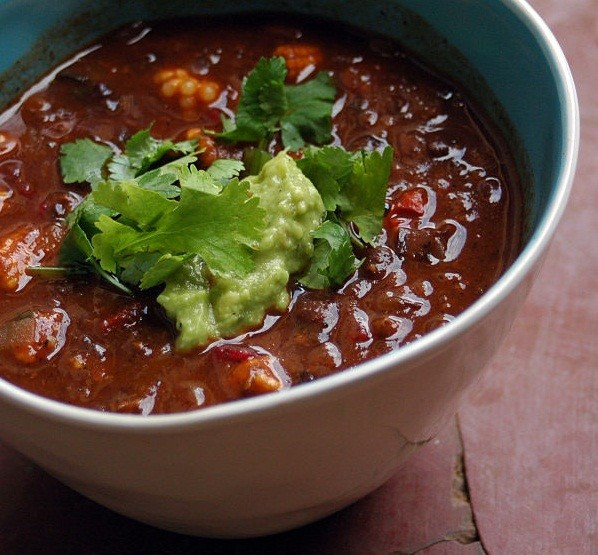Pan-fried Red Meat Increases Risk of Prostate Cancer

Pan- fried red meat increases the risk of developing prostate cancer by 30 percent, according to a new report.
Researchers from the University of Southern California and Cancer Prevention Institute of California have found that eating red meat, which is cooked in pans at high temperatures, increases prostate cancer risk.
Researchers from the University of Southern California and the state's Cancer Prevention Institute discovered the link while analysing data of 2,000 men, who had participated in the California Collaborative Prostate Cancer Study.
Among the 2,000 men sampled, more than 1,000 were diagnosed with prostate cancer.
The study found that men who consumed more than 1.5 servings of pan-fried red meat per week were almost a third more likely to contract prostrate cancer than those who ate a more moderate amount.
In addition, men who ate more than 2.5 servings of red meat cooked at high temperatures were 40 percent more likely to have advanced prostate cancer.
Poultry problem
Researchers also found that men, who consumed baked poultry, had a lower risk of developing advanced prostate cancer.
Previous research had found a link between red meat and risk of developing prostate cancer. The new study has found that cooking methods could also increase the risk of prostate cancer.
Although the researchers have found that pan-fried meat increases prostate cancer risk, they are not sure as to why it is so. They believe it could be due to the formation of DNA-damaging carcinogens-heterocyclic amines (HCAs)-during the cooking of red meat and poultry.
Heterocyclic amines are formed when sugars and amino acids are cooked at higher temperatures for longer periods of time. Other carcinogens, such as polycyclic aromatic hydrocarbons (PAHs) are formed during the grilling or smoking of meat. When fat from the meat drips on an open flame, the rising smoke leaves deposits of PAHs on the meat. There is strong experimental evidence that HCAs and PAHs contribute to certain cancers, including prostate cancer.
"The observations from this study alone are not enough to make any health recommendations, but given the few modifiable risk factors known for prostate cancer, the understanding of dietary factors and cooking methods are of high public health relevance," said Mariana Stern, associate professor of preventive medicine at the Keck School of Medicine of USC.
© Copyright IBTimes 2025. All rights reserved.



















